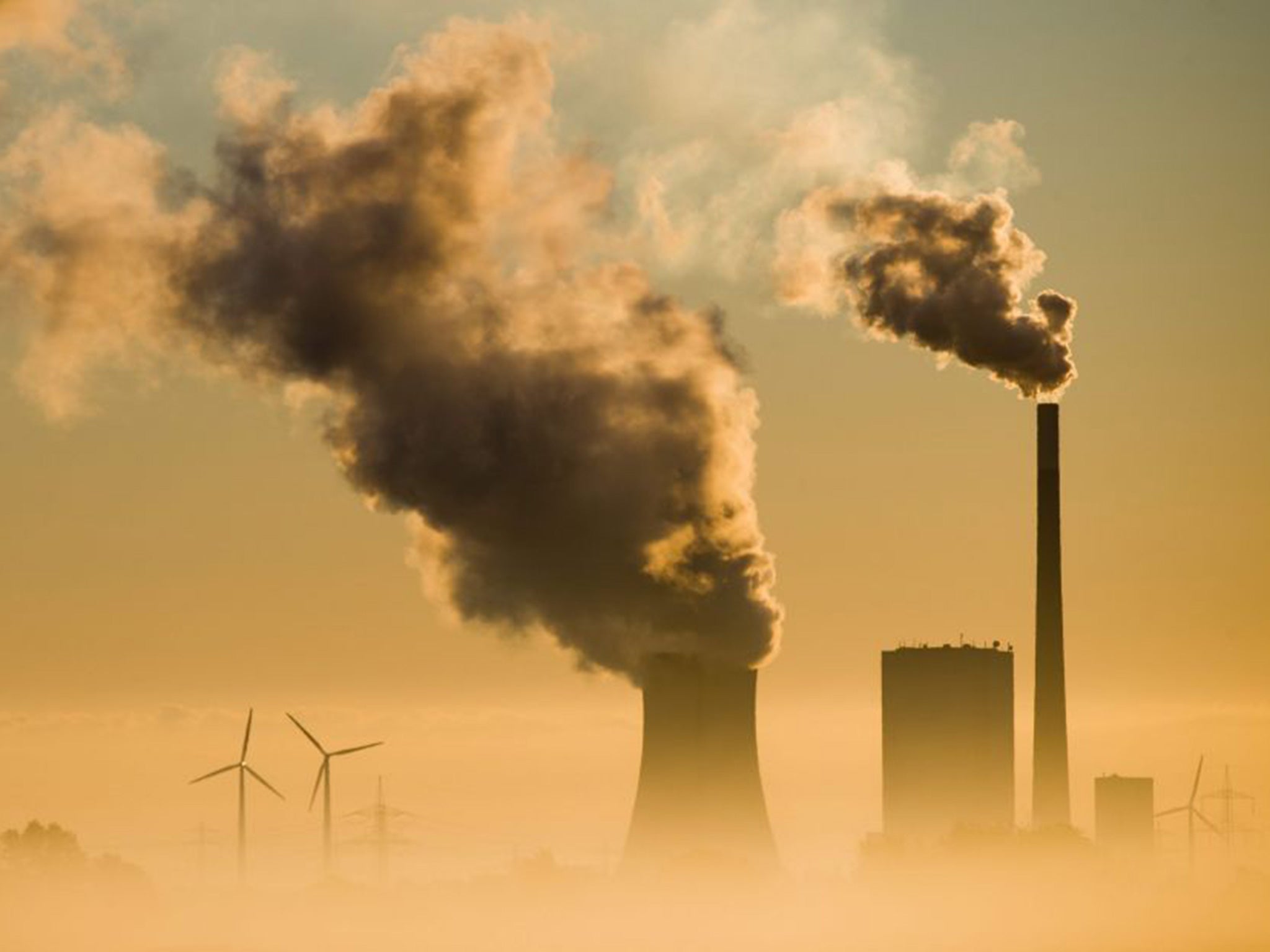Arctic melting will cost the global economy £33tn by end of next century, scientists calculate
The costs are the equivalent of more than half of the current output of the global economy

Your support helps us to tell the story
From reproductive rights to climate change to Big Tech, The Independent is on the ground when the story is developing. Whether it's investigating the financials of Elon Musk's pro-Trump PAC or producing our latest documentary, 'The A Word', which shines a light on the American women fighting for reproductive rights, we know how important it is to parse out the facts from the messaging.
At such a critical moment in US history, we need reporters on the ground. Your donation allows us to keep sending journalists to speak to both sides of the story.
The Independent is trusted by Americans across the entire political spectrum. And unlike many other quality news outlets, we choose not to lock Americans out of our reporting and analysis with paywalls. We believe quality journalism should be available to everyone, paid for by those who can afford it.
Your support makes all the difference.The melting of the Arctic permafrost and the subsequent release of carbon dioxide and methane gas into the atmosphere will alone add an extra $43 trillion (£33tn) cost of climate change to the global economy by the end of the next century, scientists have calculated.
This represents a 13 per cent increase on the predicted economic impact of climate change by 2200, up from $326tn to $369tn, according to a study by Cambridge University and the US National Snow and Ice Data Centre in Boulder, Colorado.
The researchers point out that the Arctic is one of the fastest warming regions on the planet and the permanent ice on land and under the seabed prevents billions of tonnes of greenhouse gases from being released into the atmosphere to exacerbate the greenhouse effect.
Using computer models of the global economy and the predicted increase in carbon dioxide and methane, the researchers estimated the direct economic impact on the gross domestic product of countries, such as the loss of agricultural output and the additional cost of air conditioning.
The predicted $43tn of extra economic damage is equivalent to more than half of the current output of the global economy, the researchers calculate in a a study published in the journal Nature Climate change.
“These results show just how much we need urgent action to slow the melting of the permafrost in order to minimise the scale of the release of greenhouse gases," said co-author Chris Hope of the Cambridge Judge Business School.
Join our commenting forum
Join thought-provoking conversations, follow other Independent readers and see their replies
Comments